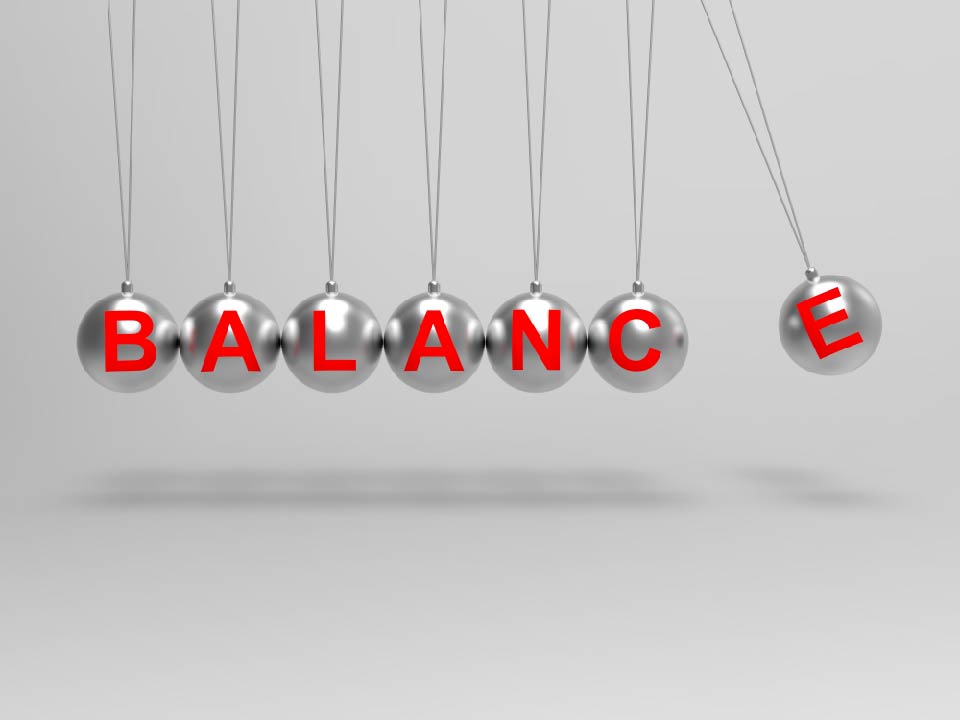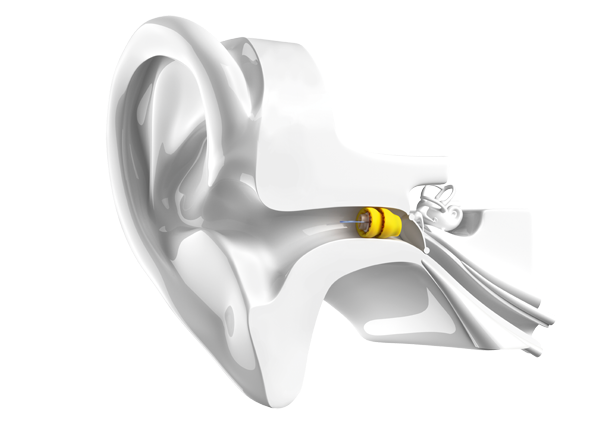Hearing Aids May Help Improve Your Balance
Research from the Washington University School of Medicine in St. Louis suggests that hearing aids appear to improve balance in older adults with hearing loss.
It has long been noted by Audiologists and Hearing Instrument Specialists that “two ears are better than one.” This means that if you have hearing loss in both ears then logically you should have hearing aids in both ears.
In what was a small study published in the Journal of Laryngoscope, it was found that those who wore hearing aids in both ears performed better on standard balance tests.
Good hearing can allow us to hear sounds that can warn us of any impending danger. Those who can’t hear well tend to isolate themselves and are less active. Less physical activity can put you at an increased risk of falling.
The study conducted at the Washington University was comprised of only 14 people. They ranged in age from 65 to 91.
It’s the first research of its kind to show “that sound information, separate from the balance system of the inner ear, contributes to maintaining the body’s stability. The study lends support to the idea that improving hearing through hearing aids or cochlear implants may help reduce the risk of falls in older people.”
The study’s Senior Author and Professor of Otolaryngology at the School of Medicine, Dr. Timothy E. Hullar, says it’s not simply wearing hearing aids that makes people more alert. He notes that “The participants appeared to be using the sound information coming through their hearing aids as auditory reference points or landmarks to help maintain balance. It’s a bit like using your eyes to tell where you are in space. If we turn out the lights, people sway a little bit — more than they would if they could see. This study suggests that opening your ears also gives you information about balance.”
Patients conducted the balance tests with and without wearing hearing aids and cochlear implants. The tests were also conducted in the presence of white noise. One test included covering the person’s eyes and having them stand with their feet together on a foam pad. Then they were asked to stand on the floor with their feet positioned, one in front of the other, heel to toe. The patients were then timed to see how long it took before they required the aid of someone else to maintain their balance.
According to Dr. Hullar many of the people who participated in the study didn’t report being consciously aware of doing better on the balance tests, while wearing their hearing aids.
Dr. Hullar says many of his patients tell him they experience better balance while wearing their hearing aids and cochlear implants.
He also noted that with this study being a small one, it would have to be repeated in a bigger study and his team is currently seeking funding to achieve this aim.
If you experience a feeling of imbalance, vertigo or dizziness, it’s a good idea to seek medical attention. One line of defense is to have your hearing checked by an Audiologist or Hearing Instrument Specialist.







